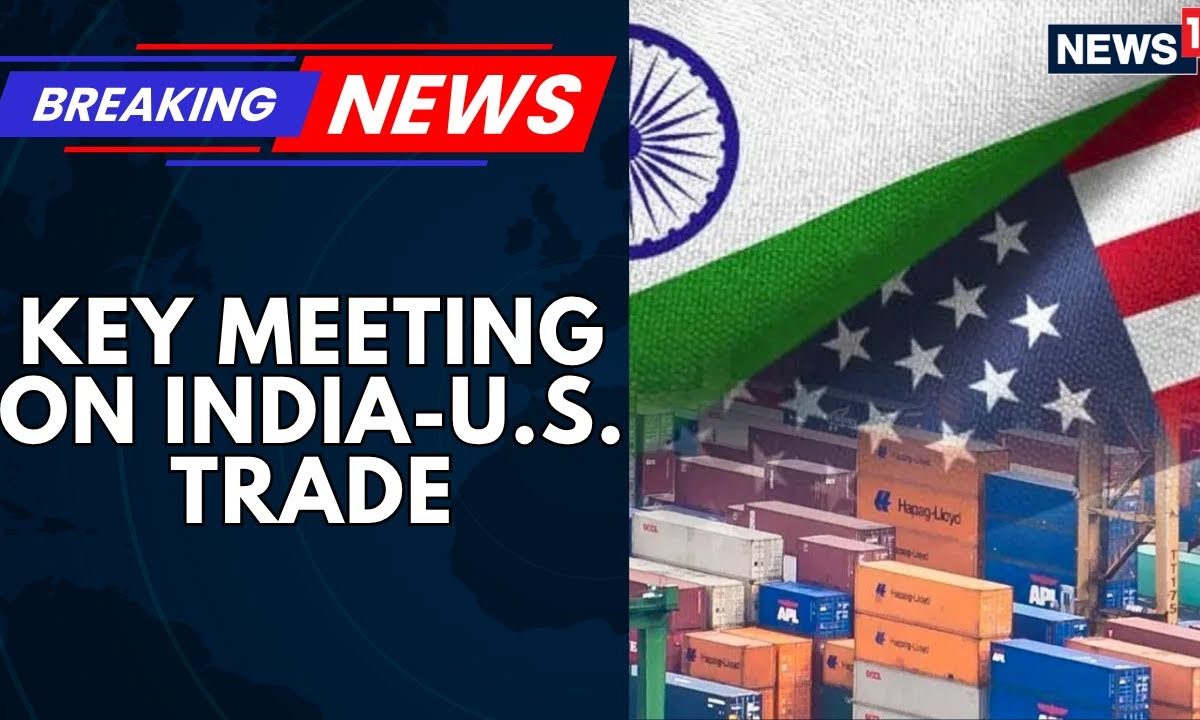

Amidst escalating trade tensions between India and the United States, a crucial meeting was convened, spearheaded by Dr. Shashi Tharoor, to address the path forward in India-U.S. trade relations. The meeting comes in the wake of sharp criticism from Dr. Tharoor regarding former U.S. President Donald Trump's trade policies, which he described as "offensive, bullying, and completely ineffective".
The core concern revolves around tariffs, with India potentially facing a 50% tariff on most of its goods entering the U.S. market starting August 27th. This stands in stark contrast to the 30% tariff imposed on China, raising questions about the strategic rationale behind the U.S. approach, especially considering the strategic relationship Washington supposedly shares with New Delhi.
During an interview, Dr. Tharoor emphasized the importance of India maintaining its self-respect and not succumbing to pressure. He stressed the need for India to define its red lines and areas of flexibility, empowering its negotiators to act with courage and confidence. He also pointed out that India is not a small country that can be easily dictated to. If the U.S. adopts a "my way or the highway" approach, India should be prepared to explore alternative options.
Inside sources indicate that India is firm on its stance of not opening up its dairy, fisheries, and agriculture sectors. This position reflects the country's commitment to its farmers and voters, a key consideration for any democratic government. Dr. Tharoor acknowledged that negotiations involve give and take, but India cannot be expected to surrender on everything.
The current trade dispute has sparked debate about the overall health of India-U.S. relations. While the two countries have enjoyed a strong partnership for decades, particularly concerning a shared interest in counterbalancing China, Trump's unpredictable approach has introduced new challenges. Some experts suggest that the seeds of strain were sown even before Trump, during the Biden administration, with disagreements arising on various issues.
Despite the present difficulties, many believe that the India-U.S. strategic partnership is too important to be sacrificed. The U.S. enjoys a significant trade surplus with India, and India is the only Asian economy that trades more with the U.S. than with China. A complete breakdown in relations would therefore be detrimental to both sides.
Several strategies are being considered to navigate the trade impasse. One option involves leveraging India's free trade agreement with the United Kingdom by potentially routing goods through the UK to avoid tariffs. This approach mirrors tactics employed in other regions, such as Dubai, where Indian goods are repackaged and re-exported to countries with import restrictions.
As negotiations continue, the focus remains on finding a mutually acceptable solution that respects India's interests and preserves the long-term strategic partnership between the two nations. The outcome of these discussions will have significant implications for trade, defense cooperation, and the broader geopolitical landscape.